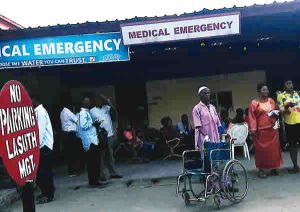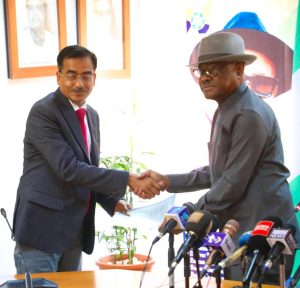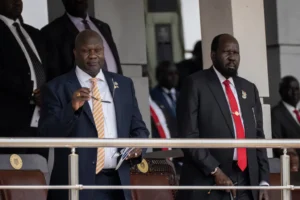In a landmark show of unity, over 750 Nigerian women drawn from the 36 states and the Federal Capital Territory are set to converge in Abuja on Monday, September 22, to present a memorandum in support of the Special Seats Reserved for Women Bill.
The women, under the umbrella of the Women’s Political Participation–Technical Working Group (WPP–TWG), will assemble at the Maryam Babangida National Centre for Women Development before embarking on a peaceful walk to the Transcorp Hilton Hotel. There, they are expected to present their memorandum to the leadership of Nigeria’s National Assembly during a stakeholder meeting.
Although Nigeria’s parliament is currently on recess, women leaders insist the timing underscores their determination to push forward a reform they describe as long overdue.
“The Reserved Seats Bill is not just about numbers, it is about securing women’s rightful place in governance and ensuring that the voices of Nigerian women are heard where decisions that affect their lives are made,” said Ebere Ifendu, Chair of the WPP–TWG.
Ifendu further called on the media to amplify the advocacy: “The media has been a strong ally in this journey. Now, at this critical moment, we need them to forge ahead as true partners in ensuring lawmakers understand the urgency of this bill.”
A Reform with Global Resonance
The Special Seats Bill seeks to amend Nigeria’s 1999 Constitution to provide reserved seats for women in the National Assembly and State Houses of Assembly. Advocates argue that the measure will bridge gender gaps in political representation and strengthen inclusive governance.
Globally, reserved seats or gender quotas have proven effective in expanding women’s political participation. Rwanda, for instance, currently leads the world with women holding over 60% of seats in its lower house of parliament, a feat made possible through constitutional quotas. Similar reforms across Africa, including in Senegal, Uganda, and Tanzania, have also boosted women’s representation.
Nigeria, Africa’s largest democracy, has long faced criticism for its low percentage of women in political office — less than 5% in the National Assembly. Proponents of the bill believe adopting reserved seats would align the country with international commitments such as the Maputo Protocol and the Convention on the Elimination of All Forms of Discrimination Against Women (CEDAW).
For Nigerian women, tomorrow’s march in Abuja is not just a domestic call for inclusion but part of a broader global movement demanding gender-balanced leadership.











